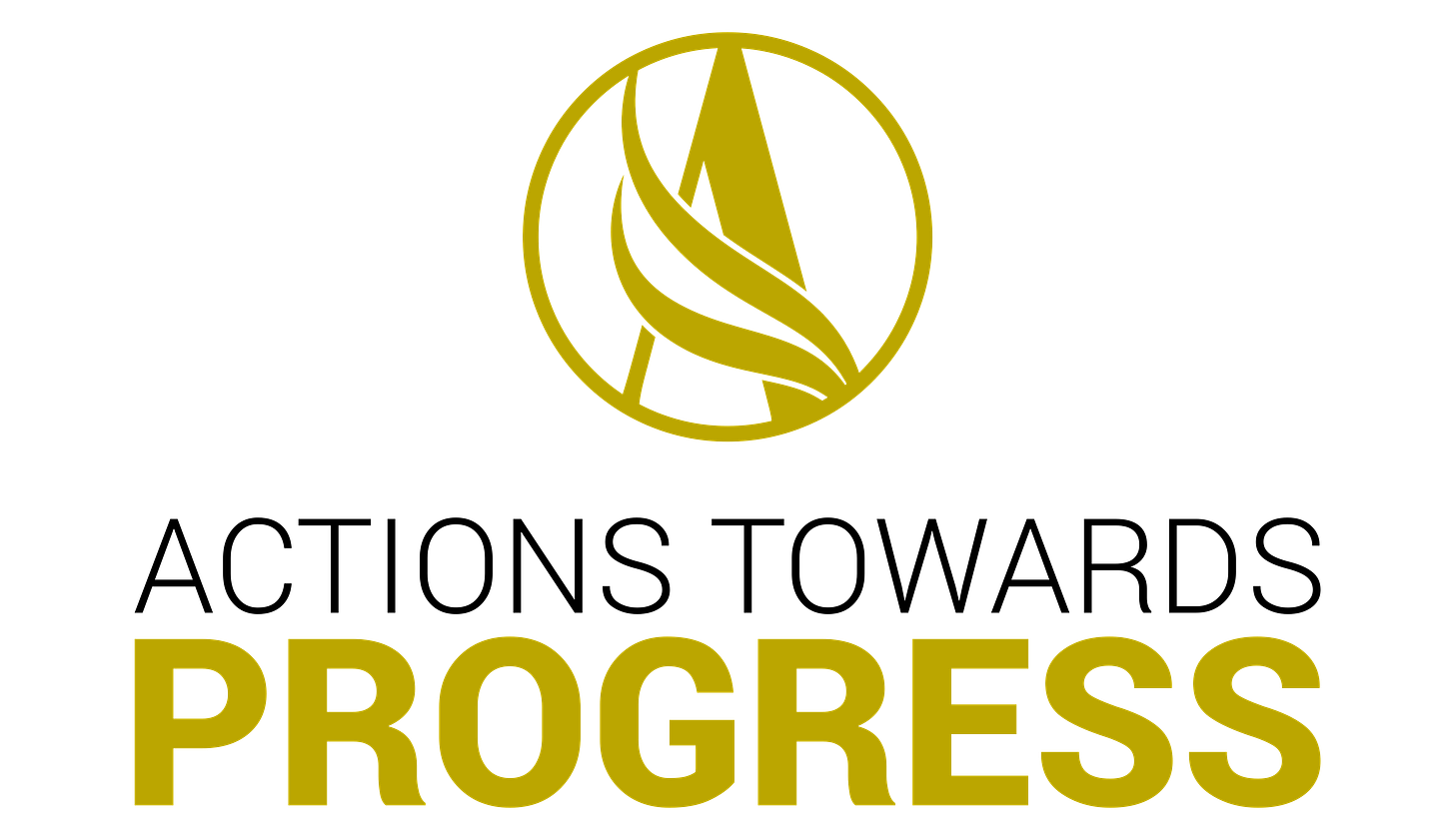Hi everyone,
This week we wrapped up the first Actions Towards Progress, an event focused on precise actions people can take to increase the rate of progress. To help spread these ideas, we’ve collected them into a single page on the Actions Towards Progress website.
Our first batch of speakers focused on a wide range of topics, including:
Better funding models for science
How to build more housing
Why it’s worth pursuing excellence in your daily life
And many, many more.
I had a lot of fun organizing this event. It was inspired by Progress Studies, a new discipline described by an article in The Atlantic titled We Need A New Science of Progress. This article sparked a community movement focused on reversing what Tyler Cowen calls The Great Stagnation. In summary: we've seen lots of progress in the world of bits (information technology, computers), but not much in the world of atoms (medicine, infrastructure, energy).
Progress Studies has become a central fixture of my digital life over the past twelve months. The community is filled with smart, thoughtful people and continues to add new members every day. If you’re interested in learning more about Progress Studies or are just looking for some inspiration, you can view all of the ideas here.

What’s New From Me:
🔒 How to run a digital conference: My playbook for organizing the Actions Towards Progress event. The preparation for running a virtual event is very different from a physical conference. In this post, I outline what worked and what I would do differently for my next virtual event.
In This Week’s Edition:
[💎 Philosophy]
Meaningness: a word missing from our language
A website devoted to a question that philosophers have grappled with for centuries: what causes something to have meaning?
Meaningness takes the form of a hypertext book, where chapters are linked through hyperlinks. Unlike a traditional book, it isn’t linear. Instead of reading it beginning to end, readers are encouraged to pick a page and follow ideas that seem interesting.
I love this concept because it represents what’s great about the internet. A single person, David Chapman, has created an entire corner of the universe devoted to an obscure topic. Before the internet, these ideas wouldn’t have been accessible to anyone but the author and a few close friends. Instead, these ideas can spread to millions of people for the cost of hosting a basic web server.
Lindy score: ~2030
[✉️ Letters]
I love my wife. My wife is dead.
Richard Feynman is one of the most interesting people in the history of science. He rejected the label of introverted scientist, instead choosing to retain his unique sense of humor and personality.
This letter, written to his late wife, is one of the best examples of who Richard Feynman was. It proves that someone as rational as Feynman is not immune from heartbreak. Make sure you read the post-script.
Lindy score: ~2070
[฿ Cryptocurrency]
How the Bitcoin protocol actually works
This detailed technical primer from Michael Nielsen provides the best explanation of the Bitcoin protocol that I’ve ever read. Instead of focusing on the applications or relying on hand-wavy jargon, Michael takes a step back and explains how the underlying protocol works.
Also, this post was written in 2013, just five years after the original white paper was published by Satoshi Nakamoto. Bookmark this page for a refresher anytime someone brings up Bitcoin at the Thanksgiving dinner table.
Lindy score: ~2030
Thanks for reading,
Phil
Sunday Scaries is a newsletter that focuses on content that has stood the test of time. Because of The Lindy Effect, the topics covered will still be relevant in the future. You can subscribe by clicking the link below. 👇



